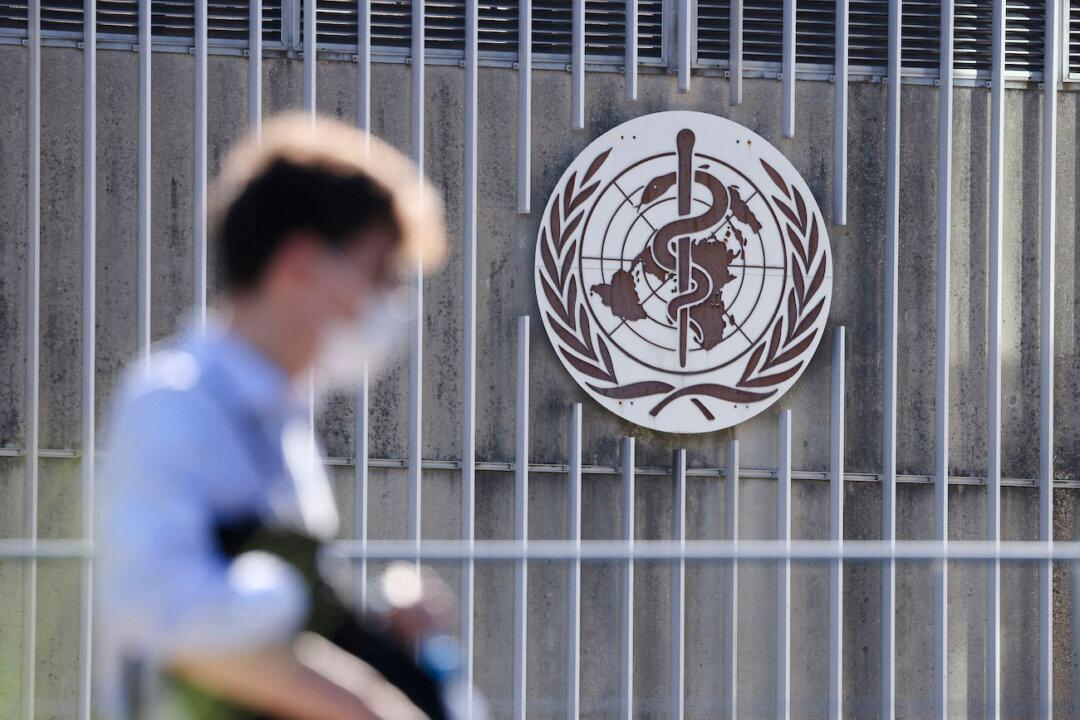Commentary
Under the international situation of the U.S. raising tariffs and the deadlock of the Russia-Ukraine ceasefire agreement, the U.S. has unprecedentedly criticised the Chinese Communist Party’s (CCP) misuse of UN Resolution 2758 for the first time in the UN Security Council meeting and stressed that the resolution does not preclude Taiwan’s meaningful participation in the UN system and other multilateral fora.


